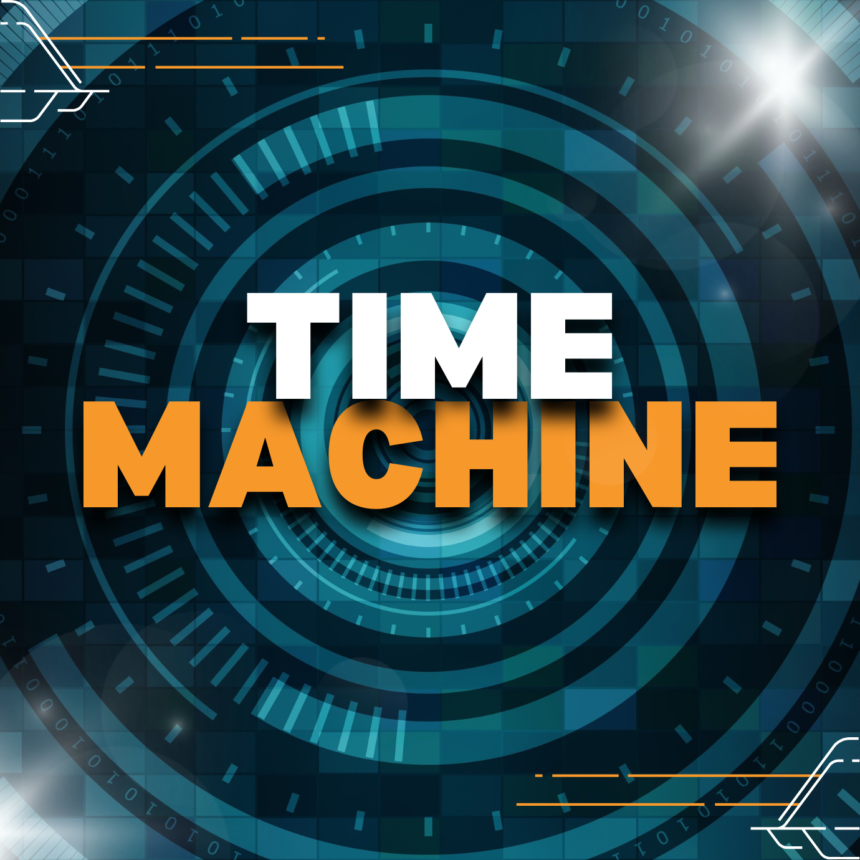The concept of time travel, while fascinating, raises profound ethical questions about the potential consequences of altering the past or the future. While time travel remains theoretical and speculative, examining its ethical implications can provide valuable insights into the responsibilities and moral dilemmas that might arise if time travel were to become a reality.
1. The Butterfly Effect: Time travel scenarios often invoke the “butterfly effect,” a term coined from chaos theory. It suggests that even a seemingly small change in the past could have significant and unpredictable consequences in the future. Ethical considerations arise when travelers must grapple with the potential harm their actions might cause to individuals, societies, or the environment.
2. Respect for Autonomy: Altering the past or future raises questions about respect for individual autonomy. Changing historical events or manipulating the future could infringe upon the choices and rights of individuals in those timelines, denying them the freedom to shape their destinies.
3. Preservation of History: Time travelers could be faced with the dilemma of preserving historical events as they originally occurred versus intervening to prevent tragedies or injustices. Deciding whether to act as an observer or an active participant in history poses ethical challenges.
4. The Grandfather Paradox: The classic “grandfather paradox” questions the ethics of preventing one’s own existence by traveling back in time and inadvertently altering the past. Resolving this paradox raises complex ethical considerations about the value of individual lives and the preservation of the timeline’s integrity.
5. Cultural and Environmental Implications: Introducing future knowledge or technology into the past could have unintended consequences on the culture and environment of that era. It raises concerns about cultural imperialism, disrupting the natural course of human progress, and potentially causing harm to ecosystems.
6. Responsibility for Outcomes: Ethical time travelers would need to consider their responsibility for the consequences of their actions. Should they be held accountable for changes they made, even if they were well-intentioned? Determining the extent of moral responsibility becomes challenging in the context of time travel.
7. Temporal Meddling and Unintended Consequences: Time travel could inadvertently create unforeseen problems or worsen existing ones. Ethical considerations would involve carefully evaluating the potential risks and weighing the benefits of intervention.
8. Preservation of Identity: If time travelers interact with their past selves or alter significant events, questions of personal identity and continuity emerge. Ethically, travelers must address whether their actions fundamentally change who they are and how they relate to the world.
9. Temporal Favoritism: Time travel might tempt individuals or societies to prioritize their interests over others. Ethical choices could revolve around treating all time periods and civilizations impartially, avoiding temporal favoritism or discrimination.
10. Non-Interference Principle: Some ethical frameworks propose a non-interference principle, arguing that time travelers should avoid altering the past to respect historical integrity and preserve the sanctity of timelines.
While time travel remains speculative, examining its ethical dimensions helps us contemplate the complexities of human agency, the interconnectedness of events, and the moral responsibility of our actions, regardless of the era we inhabit. Considering these ethical dilemmas can provide valuable insights into our role as stewards of the present and the potential consequences of altering the fabric of time.
